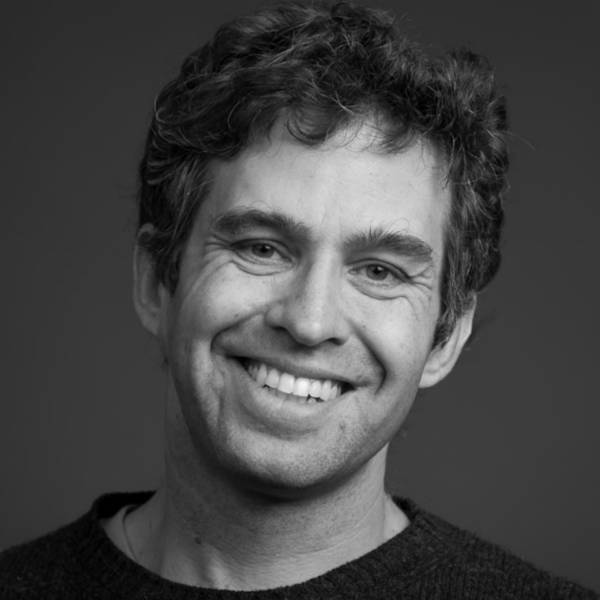Andrew Lewis says an effective vaccine eventually wipes from collective memory the problem it was created to solve.
A dear and well-intentioned friend of mine only recently got vaccinated. His reasons for wanting to wait it out were several. His dad had been one of the Tuskegee Airmen. And he believed that resilient natural systems if unimpeded can figure things out.
He reminded me of how we bring our own stories to a decision.
As a doctor, my wife has treated 90-year-old survivors of polio who lost the use of their limbs. She has witnessed firsthand the consequence of a nearly eradicated disease. Few in our generation have had this opportunity and may feel polio is not a problem. The vaccine was so successful that it eradicated the very understanding of why the vaccine was desired in the first place.
As for myself, a turning point came from a friend who was a CDC epidemiologist. A study early in his career revealed that some of the strongest pockets of vaccine hesitancy were among communities of wealth or privilege. Residents were sufficiently insulated from diseases that they felt no need to take action. Not having directly experienced the disease, the perceived risk of the vaccine appeared greater. In his withering assessment, my friend stated that, consciously or not, folks were choosing to reap the rewards of herd immunity without having to bear the cost. Even more crushing: because no vaccine is 100% effective, disease incident rates among vaccinated were higher in communities where there was strong vaccine hesitancy: in the case of the affluent towns, the unvaccinated were infecting those who had born the cost of the vaccine.
